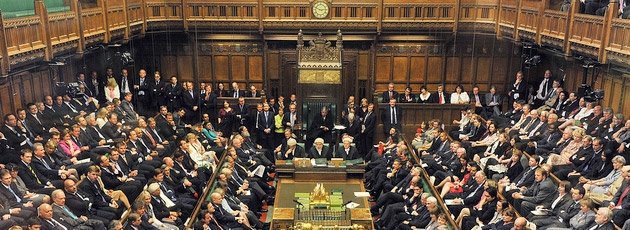- Home
- News & Blogs
- About Us
- What We Do
- Our Communities
- Info Centre
- Press
- Contact
- Archive 2019
- 2015 Elections: 11 new BME MP’s make history
- 70th Anniversary of the Partition of India
- Black Church Manifesto Questionnaire
- Brett Bailey: Exhibit B
- Briefing Paper: Ethnic Minorities in Politics and Public Life
- Civil Rights Leader Ratna Lachman dies
- ELLE Magazine: Young, Gifted, and Black
- External Jobs
- FeaturedVideo
- FeaturedVideo
- FeaturedVideo
- Gary Younge Book Sale
- George Osborne's budget increases racial disadvantage
- Goldsmiths Students' Union External Trustee
- International Commissioners condemn the appalling murder of Tyre Nichols
- Iqbal Wahhab OBE empowers Togo prisoners
- Job Vacancy: Head of Campaigns and Communications
- Media and Public Relations Officer for Jean Lambert MEP (full-time)
- Number 10 statement - race disparity unit
- Pathway to Success 2022
- Please donate £10 or more
- Rashan Charles had no Illegal Drugs
- Serena Williams: Black women should demand equal pay
- Thank you for your donation
- The Colour of Power 2021
- The Power of Poetry
- The UK election voter registration countdown begins now
- Volunteering roles at Community Alliance Lewisham (CAL)
Boundary changes: Fewer BME MPs
The recent tortuous debates in the House of Lords over the Government’s plans to reduce the number of MP’s from 650-600 by proposed boundary changes has resulted in an agreement to hold further discussions about certain areas - many with large BME populations - to ensure they are not negatively affected.
The Government agreed to the principle of an amendment to the boundary changes moved by crossbench peer, Lady D'Souza, who called for the Boundary Commission to be given some flexibility to hold public inquiries on the constituency changes.
Without such flexibility the changes to constituencies will be based upon voter registration data which all political parties agree excludes thousands of BME individuals.
In London for example, this would mean fewer MPs, which could shrink the number of BME MPs, and also a create a situation in which those MPs who survived the boundary changes in urban area would disproportionately have many more constituents to represent than other MPs around the country.
BME communities therefore, would be faced with a triple blow: Less BME MPs, more social challenges in poor urban areas, and the work-load of the MP disproportionately increased because they will be forced deal with many more citizens that other MPs.
Before the Bill is passed the Boundary Commission must either demand that a more accurate count of citizens is undertaken, or propose a calculated estimate that would mitigate those not on the electoral register. Given that 30% BME communities are not registered to vote, the proposed 5% flexibility is wholly unacceptable.
The boundary changes bill proposes a change that will last for a generation and beyond. To base it on grossly inaccurate figures will deny full representative democracy for many BME communities for a very long time.
In the next few weeks OBV along with a number of BME organisations will seek to make representations to the Boundary Commission, and will orchestrate a letter campaign to MPs and other interested parties to demand representative democracy.
Simon Woolley
